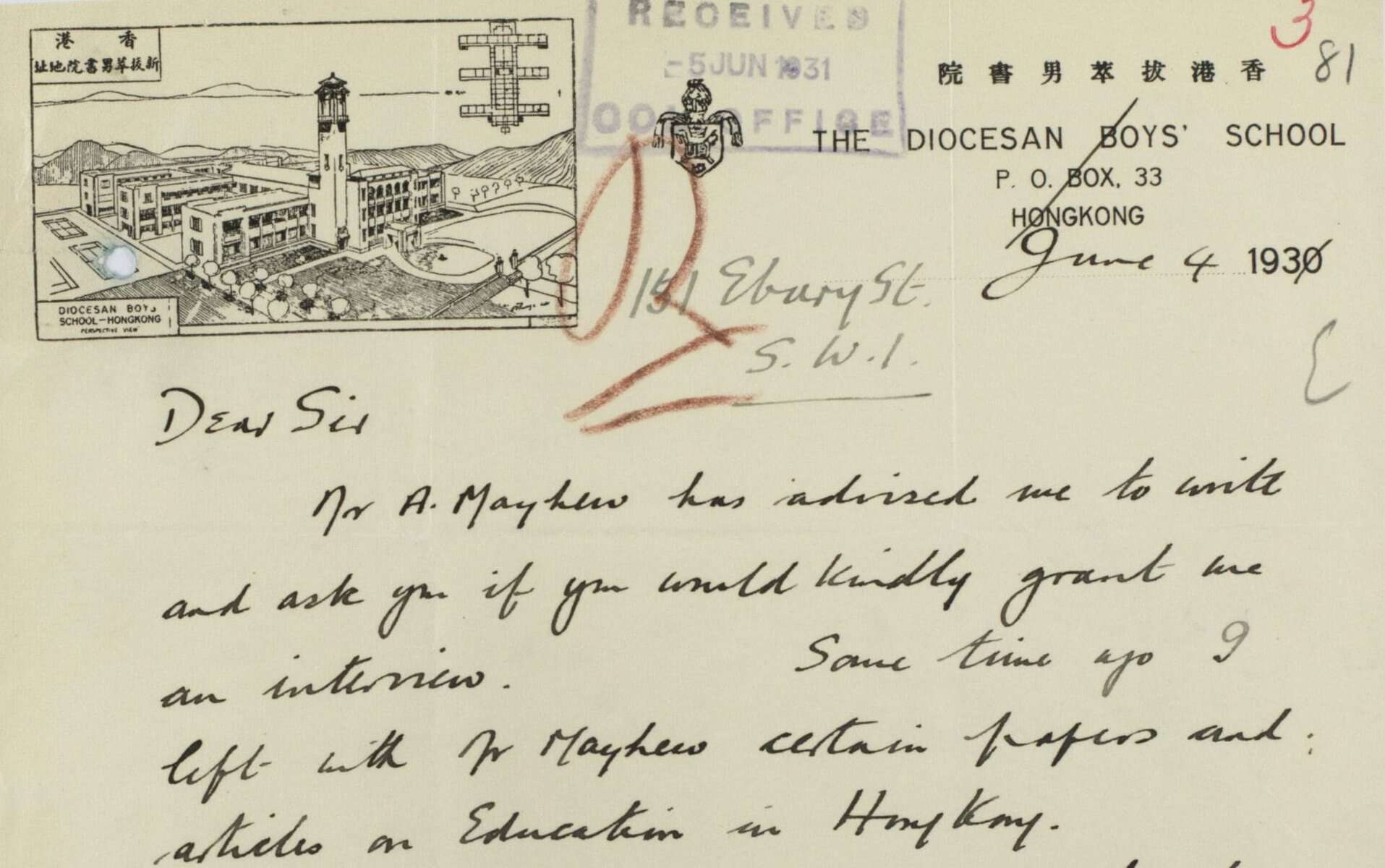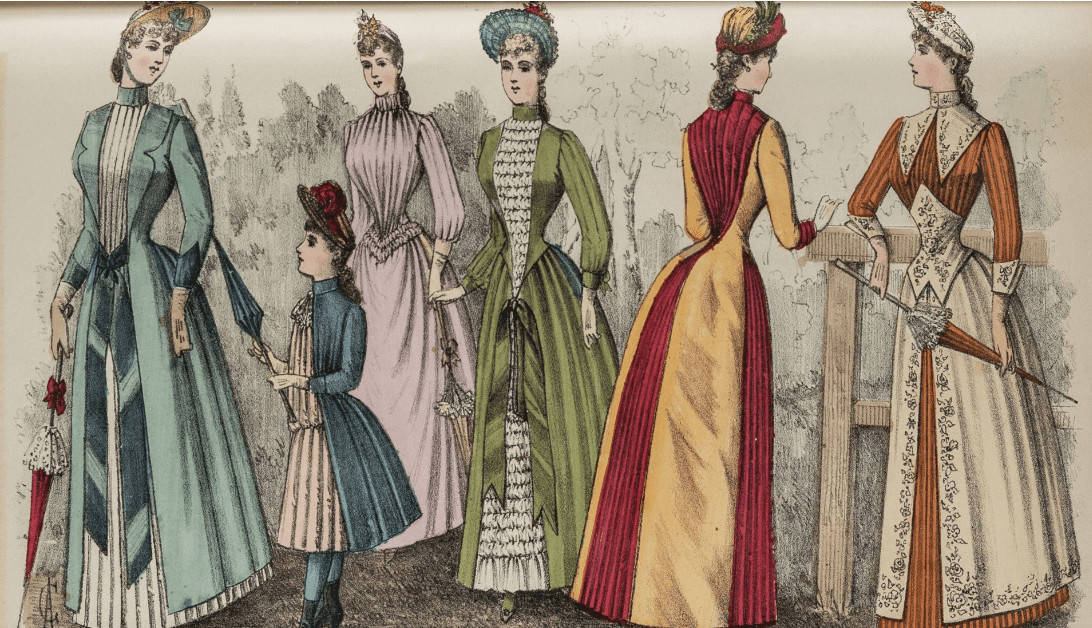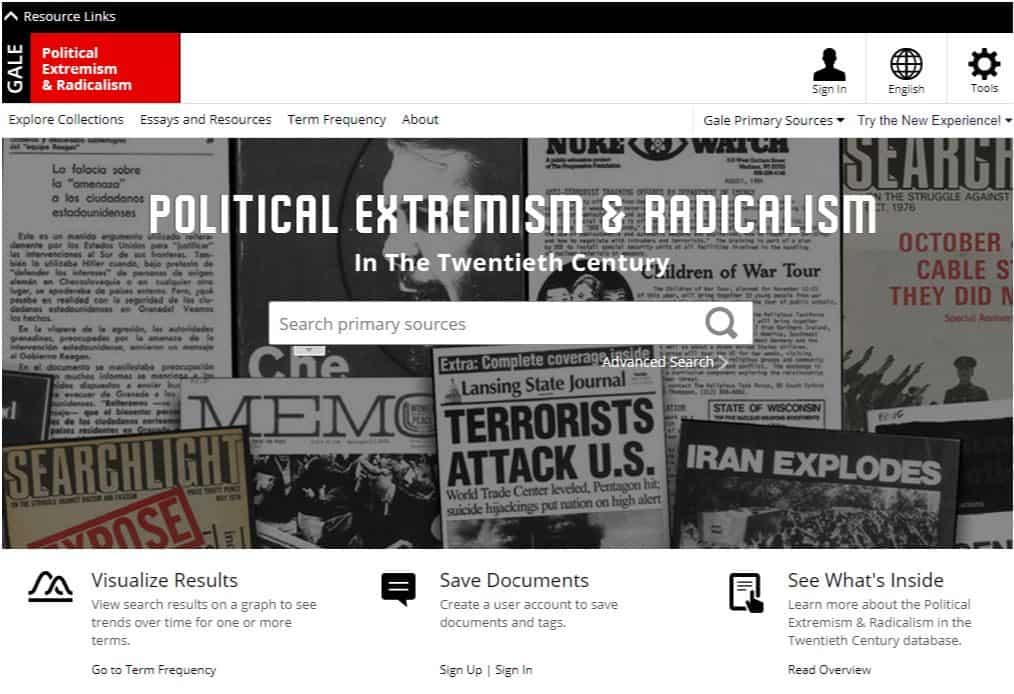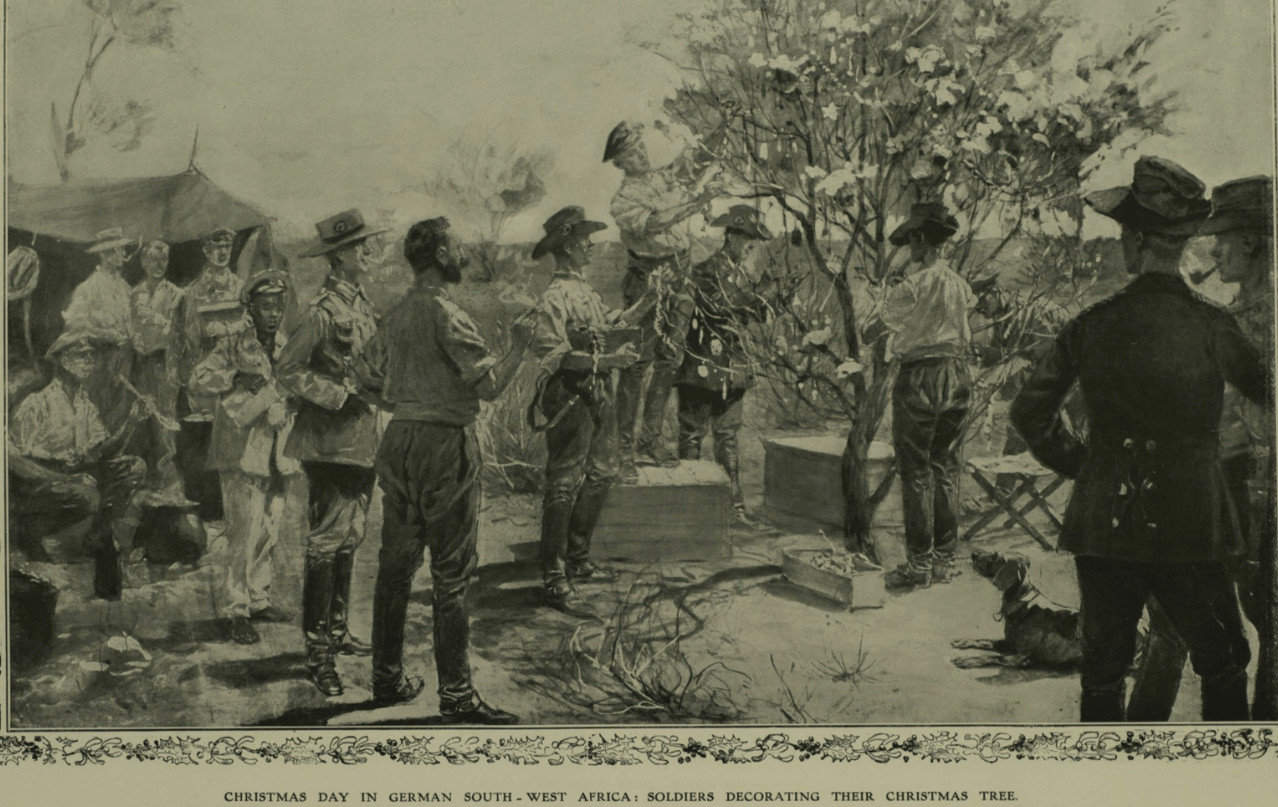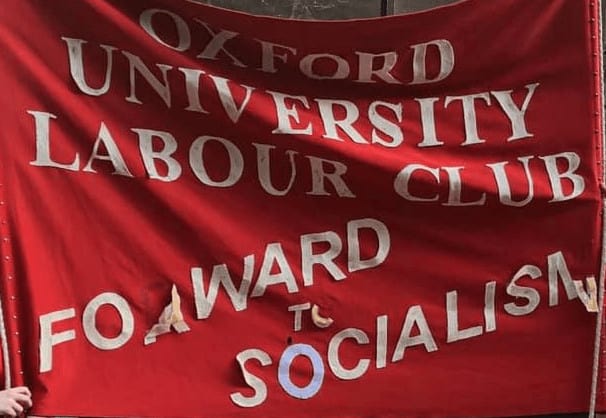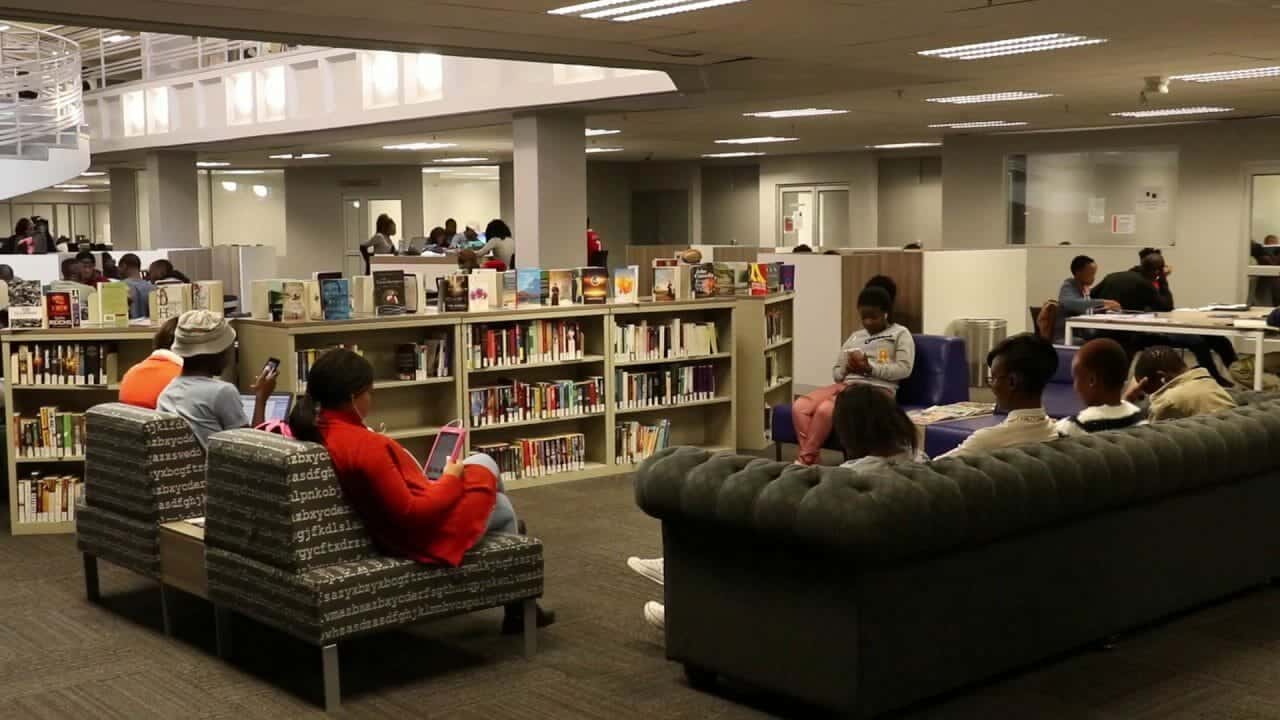In this blog post, PhD student Meg Ison explains what she teaches and how she introduces students to primary source research skills at the University of Portsmouth. She also explores the new module of Women’s Studies Archive, Voice and Vision, and the fascinating insight it can give students into women’s involvement and influence in colonialism.
Key Categories
Liberating, Stultifying or Provocative: Mary Quant’s Miniskirt
│By Eloise Sinclair, Gale Ambassador at the University of Durham│
Mary Quant’s miniskirt of 1966 not only transformed the look of London’s youth but, according to Jonathan Aitken in a 1967 article in The Sunday Telegraph, inspired the “swinging revolution, the sexual revolution, the restaurant and night-club revolution”. The newspaper archives in Gale Primary Sources are particularly valuable for assessing the effect of Quant’s designs on the fashion industry and British culture, revealing the range of contemporary responses and reactions to this iconic item of clothing.
Are We Obsessed with Serial Killers?
│By Chloe Villalon, Gale Ambassador at the National University of Ireland Galway│
In the last decade, television series such as Dexter, Mindhunter and Bates Motel have encountered overwhelming success. Based on true events or completely fictional, the narratives are told from the investigators’ or killer’s perspective. The public is not only interested in the gory, bloody aspect of serial killing cases but the science behind understanding and catching serial killers. Many such programmes try to answer the key question: Why do serial killers kill? Using Gale Primary Sources and its many research tools, I will use this blog post to explore the topic of serial killers, considering questions such as: where does the term “serial killer” come from and what does it mean? And what is the role of the media in serial killing cases?
How Gale Primary Sources Helped Me with My Dissertation – and Can Help You Too!
│By Lily Deans, Gale Ambassador at the University of Birmingham│
Writing a dissertation is undoubtedly daunting, no matter how competent or confident you may feel by the time you proudly hand in the 12,000-word masterpiece! Just like writing a good essay, it is not just your own opinion that gets you the marks, but the opinions of others – and the way you use these opinions to either substantiate or contradict what you have said. So, naturally, the wider, more varied and unique the sources are that you use, the better awareness you will show of the existing discourse, and thus the more convincing your argument will be. “Ah yes,” I hear you say, “but where can I find these unique sources?” Well, with Gale Primary Sources, of course! This blog will show briefly the quantity and variety of sources I have found in Gale’s archives as I have been researching and writing my dissertation.
Discover the History of British Hong Kong Through Handwritten Documents – Now Available in “Easy Mode”!
│By Pauli Kettunen, Gale Ambassador at the University of Helsinki│
One of the best aspects of Gale Primary Sources is the ability to search all the text in the archives. This is made possible by Optical Character Recognition (OCR). With this technology, any text visible in the scans (effectively photos of the primary sources) is transformed into script which can be read by a search engine, allowing the user to find relevant content much more easily. Until recently OCR has only been an option with printed texts, which has left handwritten records far less accessible in text-based searches. This can be a serious hindrance in trying to find relevant sources, as I will showcase. In addition, deciphering handwriting which dates back over a hundred years is often a significant hurdle for anyone without much experience in palaeography; even if you find the documents relevant to your project, comprehending them is another matter.
In other words, the experience of many students deciphering historical handwritten documents today feels like playing a video game in “hard mode”, something that you cannot do unless you are prepared for a lot of frustration! Fortunately, as OCR technology has developed, Gale now provides an “easy mode” for handwritten primary sources! Like a supportive character in a video game, the Handwritten Text Recognition (HTR) will help you on your quest to discover the secrets of fascinating old documents.
Introducing ‘Women’s Studies Archive: Voice and Vision’
│By Rachel Holt, Gale Primary Sources Acquisitions Editor│
The Power of Voice: Oral Histories in Gale’s Political and Extremism and Radicalism archive
│By Vicky Fielding, Senior Marketing Manager │
There are currently 61 oral histories in Political Extremism and Radicalism in the Twentieth Century Far-Right and Left Political Groups in the US, Europe and Australia. These interviews, which are available as audio recordings and transcripts, were recorded in 2015 by researchers from the University of Northampton in collaboration with Gerry Gable and the Searchlight network with anti-fascist activists active from the 1940s–1990s. They are exclusive recordings with anti-fascists about their experiences, discussing the post-war history of anti-fascism and what caused them to become engaged in the movement.
What Is the Meaning of Christmas? Celebrating the 25th December Around the World in History
| By Meg Ison, Gale Ambassador at the University of Portsmouth |
The longed-for Christmas break ultimately meant one thing for me as an undergraduate student reading French and History at the University of Portsmouth: January deadlines. Bah humbug! This time last year, as a student studying for an MSc in Social Research methods at the University of Southampton, the festive period was just a short break from terrifying lectures on statistical equations and mind-boggling sociological theory. Now I am a PhD student without looming French grammar tests or the self-imposed pressure to become a Master of Science. (You can read about how myself and social research methods are coming to terms with our differences here). Consequently, I am looking forward to a stress-free build up to the 25th December for the first time in years! Despite my newly found freedom, I am no less academically curious over the festive period. As such, I have enjoyed spending time this vacation delving into the Santa’s grotto that is Gale Primary Sources – overflowing with exciting archives, it is undoubtedly a treasure trove for researchers – to find out how Christmas has been celebrated around the world in history.
Was Oxford University Labour Club “Moving Towards Communism”? How Primary Sources Can Help You Track the History of Your Student Society
| By Grace Davis, Gale Ambassador at the University of Oxford |
The term “primary sources” gives me slightly traumatic flashbacks to my History GCSE when, as a baby academic, I had to explain how a picture can present a biased interpretation of the world. Now, a more grown-up (though not fully fledged) academic, the idea of “primary sources” is not as scary, but I often still find myself shying away from using them in my academic work. I’m happy to announce, however, that primary sources can be used for more than your university essays! Gale Primary Sources includes millions of pages of primary sources on almost every topic imaginable, including your hobbies and topics of interest beyond the lecture theatre. Once you start unearthing primary sources about things that fascinate you outside your degree, you may just develop greater confidence and familiarity with them and start feeling more comfortable incorporating them into university work too!
The Acquisition of Gale Primary Sources at the University of Johannesburg Supports Efforts to Decolonise the Curriculum
| By the Gale Review team |
The global movement to ‘decolonise the curriculum’ focuses on creating a more accurate and holistic read of history – and our understanding of people and the world – by questioning the canonical primacy given to some perspectives over others. Access to primary sources can play a key role in this understanding. Librarians at the University of Johannesburg, South Africa, have turned to Gale for support. “In 2018 the University of Johannesburg adopted collections focused on slavery and gender,” explains Gale Field Sales Executive Dan Solomon. “Now they have deepened their commitment by purchasing a wide array of Gale archives.”





